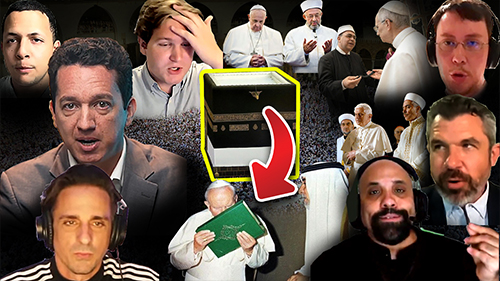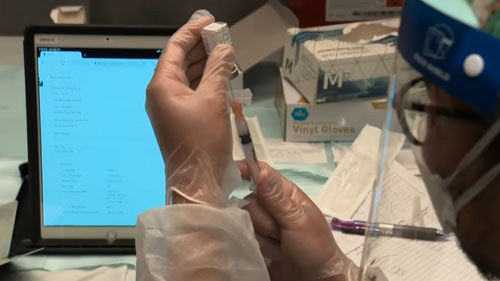Spirituality
St. Athanasius, On the Incarnation (#5), AD 318: “… they have become insatiable in sinning. For there were adulteries everywhere and thefts, and the whole earth was full of murders and plunder. And as to corruption and wrong, no heed was paid to law, but all crimes were being practiced everywhere, both individually and jointly. Cities were at war with cities, and nations were rising up against nations; and the whole earth was rent with civil commotions and battles; each man vying with his fellows in lawless deeds. Nor were even crimes against nature far from them, but, as the Apostle and witness of Christ says: For their women changed the natural use into that which is against nature: and likewise also the men, leaving the natural use of the women, burned in their lust one toward another, men with men working unseemliness, and receiving in themselves that recompense of their error which was meet.”
Doctrine
St. Robert Bellarmine: “… in God there is nothing except for essence and relation...” (De Christo, Book II, Chap. 26)










 " />
" /> " />
" /> " />
" /> " />
" /> " />
" />





